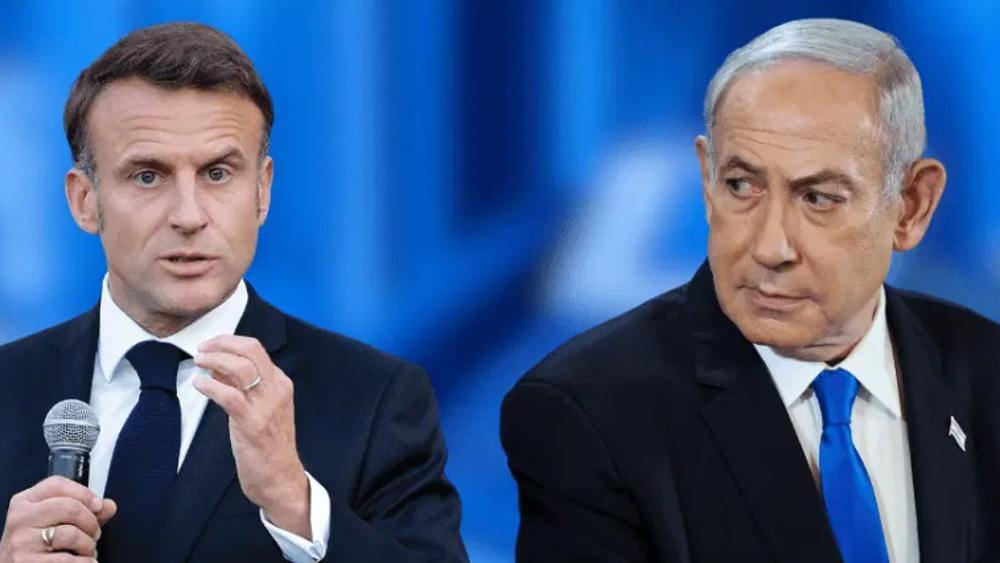France has adopted a cautious stance regarding a potential International Criminal Court (ICC) arrest warrant for Israeli Prime Minister Benjamin Netanyahu.
Foreign Minister Jean-Noel Barrot, when pressed on the matter, stated that the ICC “deals with questions of immunity for certain leaders” but refrained from confirming whether France would honor such a warrant.
This ambiguity arises amidst ongoing debates over the binding nature of ICC arrest warrants. Josep Borrell, the European Union’s foreign policy chief, has asserted that such warrants are legally binding. However, the ICC’s Rome Statute presents a legal gray area.
Article 27 of the statute declares that immunity does not prevent the ICC from exercising jurisdiction over an individual, emphasizing that no person is above the law. In contrast, Article 98 complicates matters, stating that a state cannot act in a way that violates its obligations under international law concerning the diplomatic immunity of a person.
Read More:Israel responds to ICC arrest warrant for Netanyahu
This tension between Articles 27 and 98 has fueled debates among international legal scholars and policymakers. While some argue that the ICC’s mandate supersedes traditional notions of immunity, others point out that respecting international law requires careful consideration of diplomatic protocols.
France’s reluctance to take a definitive position underscores the challenges of balancing legal obligations with geopolitical considerations. As a signatory to the Rome Statute, France is bound to cooperate with ICC decisions. However, enforcing an arrest warrant against a sitting head of government like Netanyahu could have significant diplomatic repercussions.
The issue highlights broader uncertainties about the ICC’s authority over high-ranking officials and the willingness of member states to uphold international justice. For now, France’s position remains noncommittal, leaving questions about how such situations will be resolved in practice.



